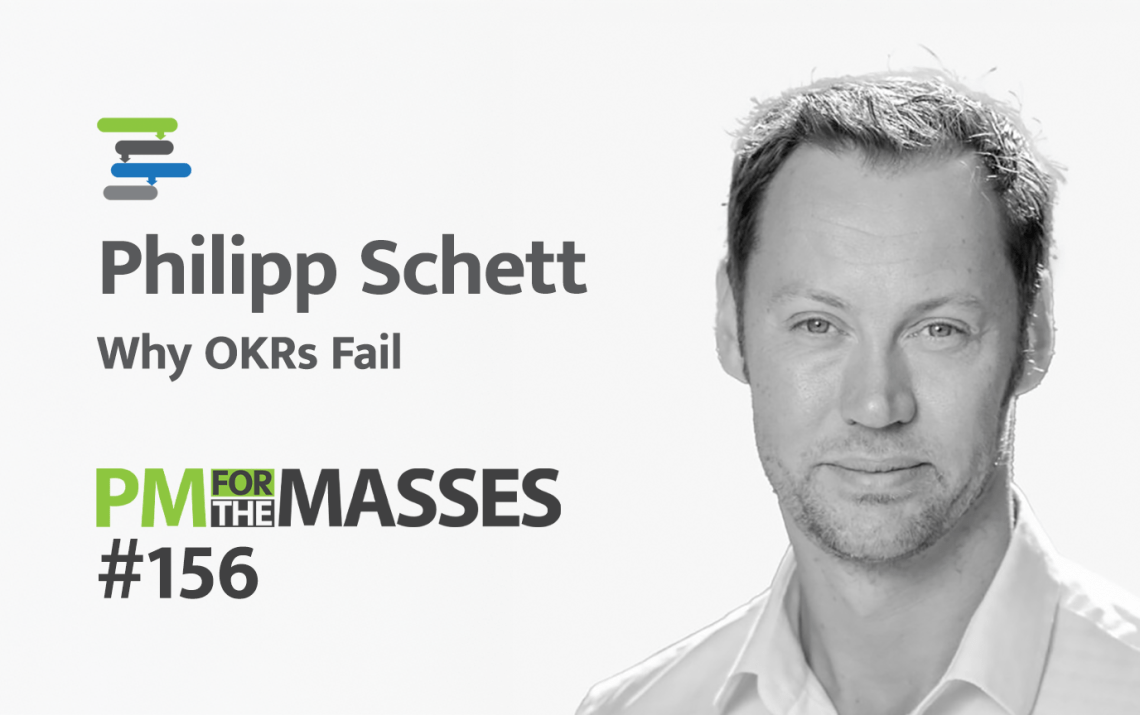Podcast: Play in new window | Download
Are OKRs just another corporate buzzword in your organization? While Objectives and Key Results promise alignment and strategic clarity, over two-thirds of implementations fail to deliver. In this episode, I speak with Philipp Schett, the CEO and founder of OKR consultancy Wave 9. An ex-Microsoft and Meta executive, Philipp has led over 300 OKR implementations in more than 60 countries. He explains why so many smart companies get OKRs wrong and shares his framework for getting them right by treating the rollout as a change management project. We dive into the red flags of a failing program, the importance of having both an executive sponsor and a project manager, and how to manage the inevitable friction that comes with change.
Topics Discussed
- Why OKRs Fail: Philipp explains that over two-thirds of OKR programs fail, often because companies underestimate the process and project management required, especially at scale.
- Common Mistakes:
- Lack of a clear, documented process.
- No dedicated owner or appointing someone too junior and without support (the “Susan” problem).
- Failing to invest in proper training beyond a simple online course.
- “OKR washing”: simply renaming existing task lists as OKRs without changing behaviour.
- Red Flags of a Failing Program:
- Poor quality or generic executive-level OKRs.
- Consistently low goal achievement (e.g., 20-40%), leading to demotivation.
- Lack of a centralized, transparent system for tracking OKRs (e.g., using scattered PowerPoints or spreadsheets).
- Absence of a clear owner with the right seniority and time to manage the program.
- The Right Team for Success: The need for two key roles: a senior Executive Sponsor for visible, continuous support and a Business Process Owner (BPO) who acts as a project manager for the implementation.
- Scaled Productivity: Philipp’s concept of moving beyond individual productivity hacks to create a shared language and set of “results rituals” (e.g., structured weekly meetings, one-on-ones) for the entire organization.
- Managing Resistance: Philipp’s advice to “sell, not tell” the benefits of OKRs, repeat the message consistently, and focus on empowering champions rather than getting bogged down by the small percentage of detractors.
- Output vs. Outcome: A practical example of a poor KR (“record 50 podcasts”) versus a better, outcome-focused one (“reach a certain viewership or level of engagement”). Philipp recommends the “OKRA” (Objectives, Key Results, and Actions) framework to clarify the difference.
- First Steps for Your Team: Start by defining your “why” for wanting to use OKRs. Then, get some training and consider starting small with a specific, new problem or initiative (like AI strategy) rather than a full-scale, all-encompassing rollout.
Links and resources mentioned in this episode
- Philipp Schett on LinkedIn: Follow Philipp Schett
- Wave 9 Website: https://wavenine.com/

